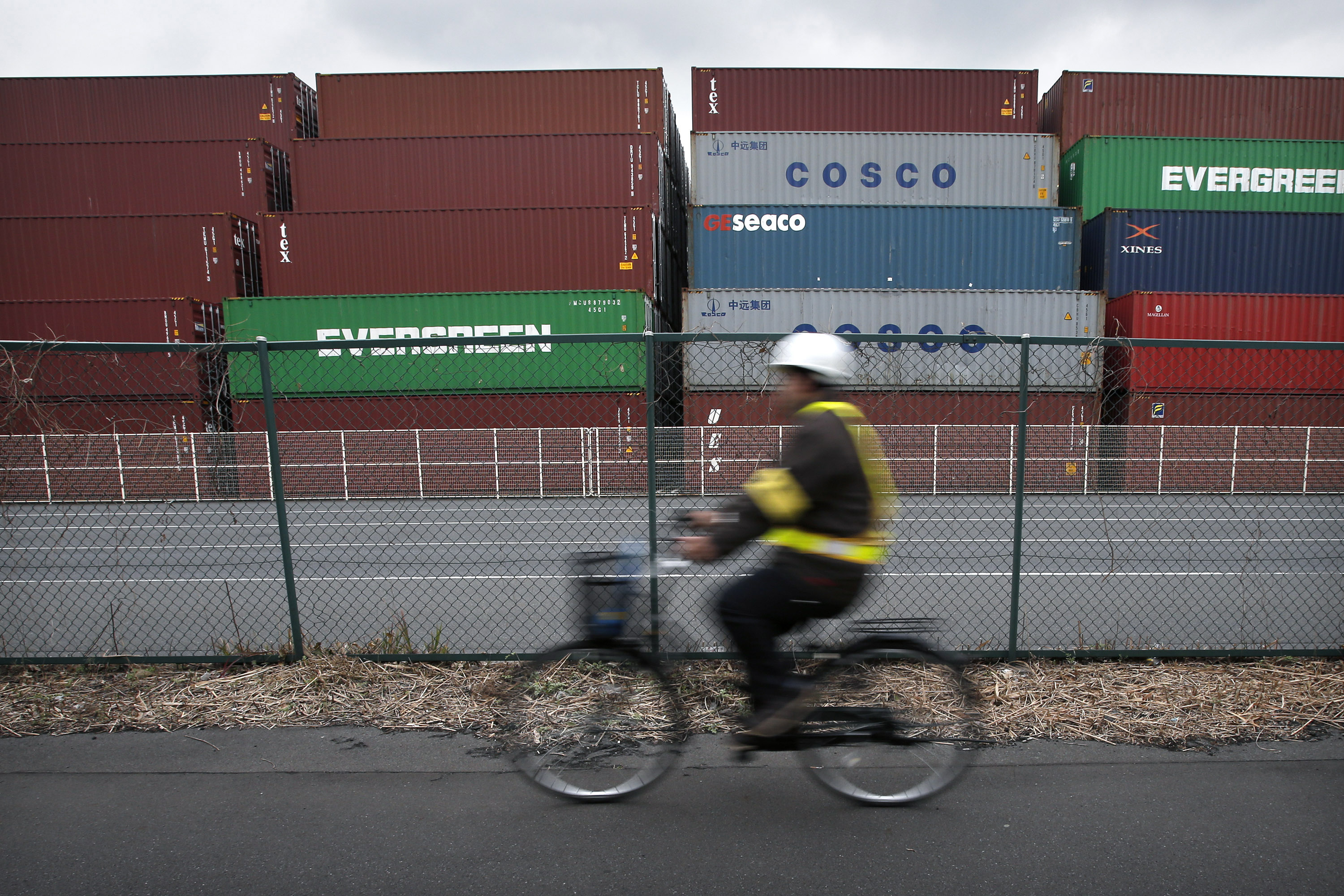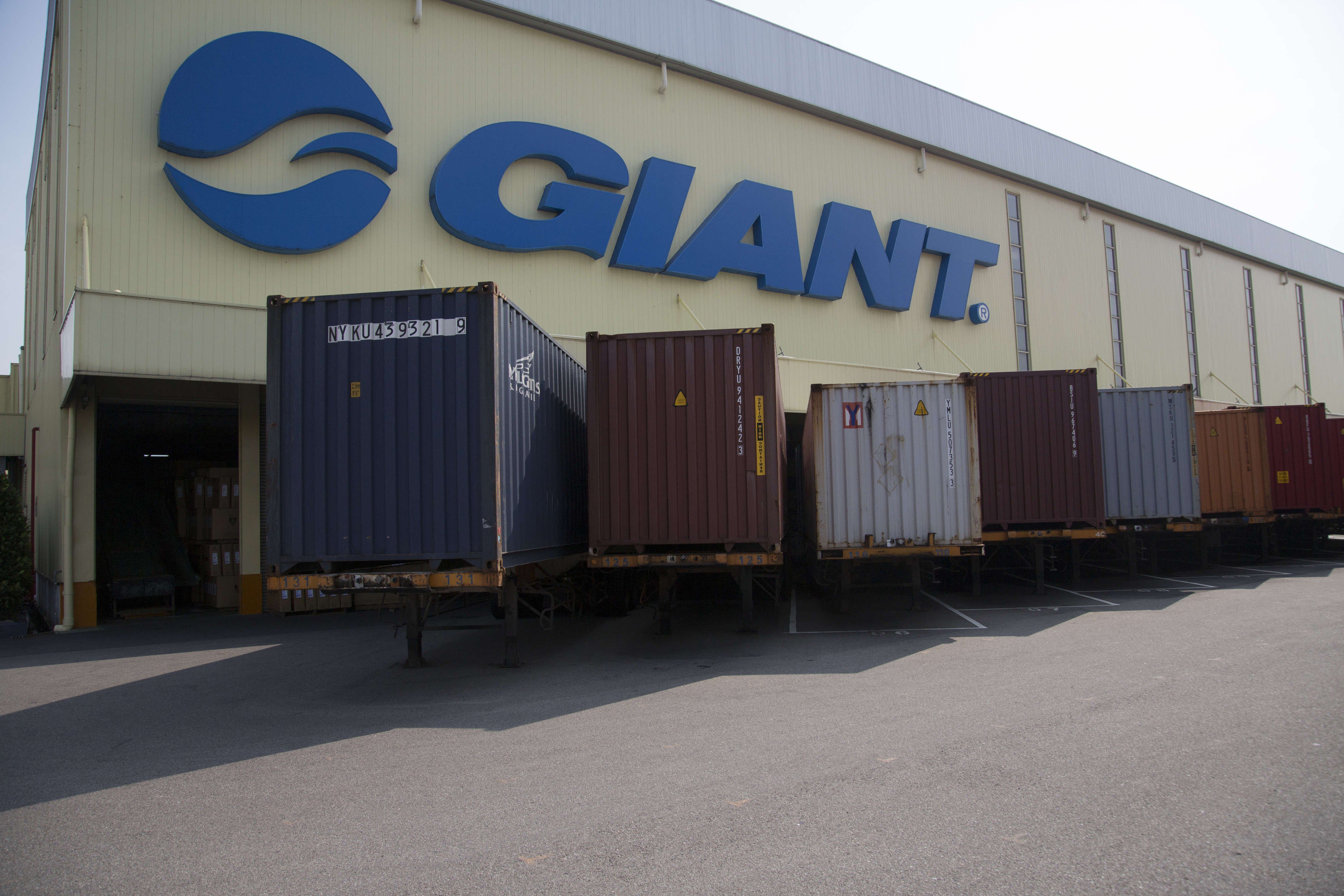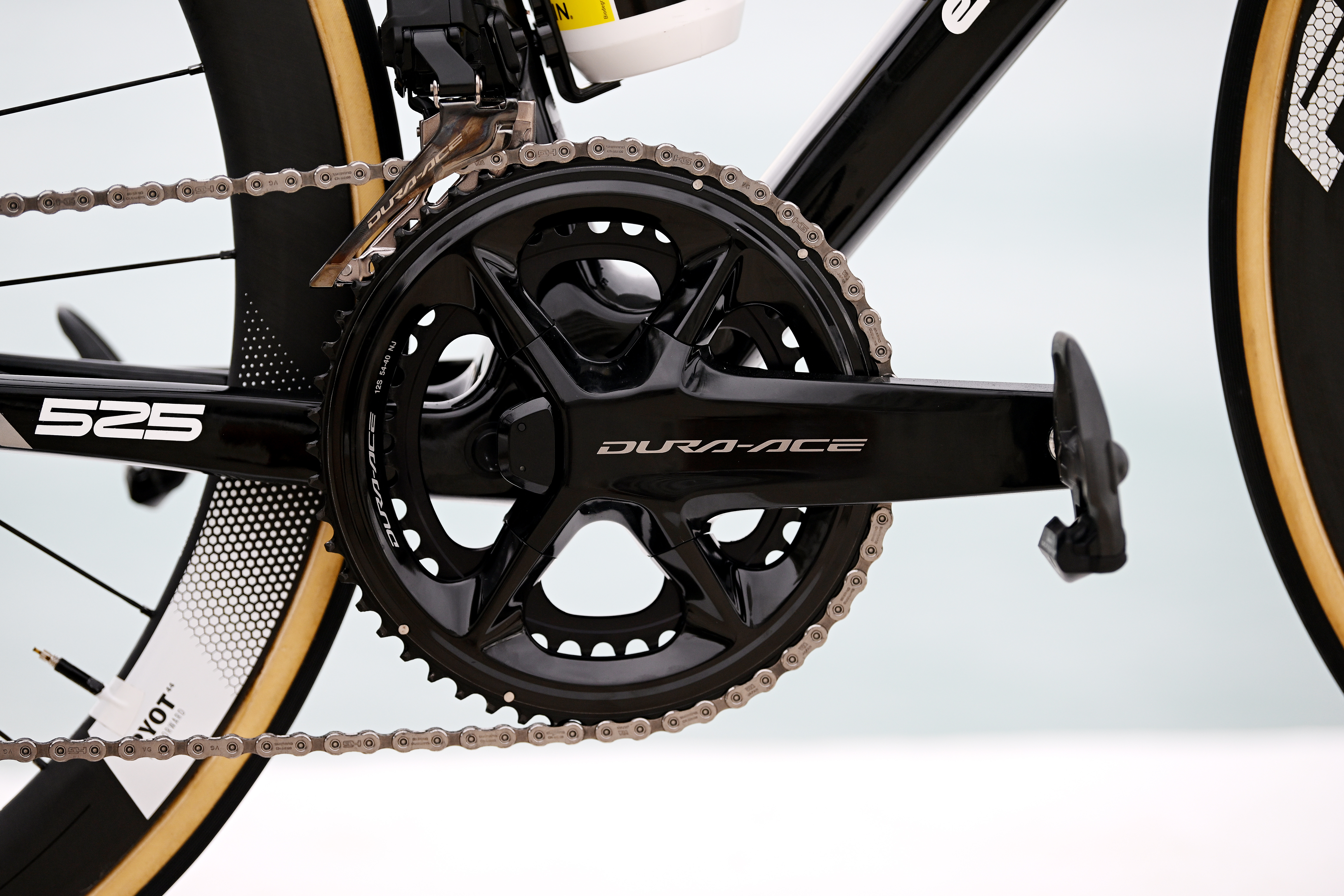'We’re basically queuing up for containers': Delays - but not price hikes - expected amid Red Sea shipping crisis
Brands are experiencing a two-week wait for products, with shipping costs rising marginally


The latest race content, interviews, features, reviews and expert buying guides, direct to your inbox!
You are now subscribed
Your newsletter sign-up was successful
Delays on bikes and parts are expected across the cycling industry, as freight-carrying ships are forced to take longer routes to avoid the conflict in the Red Sea.
Since November, Houthi rebels from Yemen have been attacking ships in the region, preventing cargo from the East from passing through the Suez Canal. As a result, ships are now following an 800-mile diversion around the south of Africa, adding up to two weeks to journeys and delaying product arrivals.
A number of the bike industry’s flagship brands manufacture products in East Asia, and rely on the Red Sea for shipment into Europe.
One of them is Giant, the largest bike manufacturer in the world, which is based in Taiwan.
“As far as we’re concerned, there is nothing to add to the cost of a bike for the consumer or the dealer,” Giant spokesperson David Ward told Cycling Weekly. “It’s just delays of around 11 days at the moment. But in a few weeks’ time, we’re going to see that those delays will get longer, because we’re basically queuing up for containers.”
Bike brands taking the hit
For Giant, the crisis has led to an increase in cost of £400 ($500) per shipping container, which can hold up to 250 bikes.
“That’s sticking $2 to $2.50 on the shipping cost per bike, which is nothing, We’re just absorbing that,” Ward explained. “That’s not going to trickle down to the consumer.”
The latest race content, interviews, features, reviews and expert buying guides, direct to your inbox!
Prior to Covid, the cost of shipping a 40ft container was around £1,500 ($1,900). Prices then soared tenfold during the pandemic, and today are still around three times what they were before.

“The biggest issue at the moment is, because it’s taking longer to get here, it’s taking longer to get the empty containers back to Asia,” the Giant spokesperson said. “There’s a lack of containers, and this is going to have the biggest knock-on effect.”
“It’s going to affect everybody in the world in some way.”
Merida, another premium bike brand based in Taiwan, is also facing higher costs.
According to PR manager Michael Wilkens, the brand’s shipping expenses are likely to increase by “approximately £20” per bike. Still, like Giant, this is unlikely to come out of consumers’ wallets.
“There is heavy discounting pretty much everywhere,” Wilkens said. “It’s unlikely that any additional costs will get passed on.”
The Merida PR manager also stressed that waiting times for bikes will probably not impact buyers, since “there are too many bikes in the UK market as it is”.
What about the parts market?
Where costs may rise is in the parts market.
According to Will Pearson, whose bike brand Pearson uses parts from Japan-based Shimano, extra costs could hit consumers, but only in the long term.
“If they continue to divert [the ships], then there’s going to be a price impact,” he said. “Anything coming out of Shimano, I doubt they’ll absorb it, they typically add it on.”
Manufacturers like Pearson tend to receive standard orders from Shimano, with prices already “baked” into their invoices. Over-the-counter retailers, like local bike shops, who order in parts sporadically, might now have to front extra shipping fees.

“Usually, with these sort of short-term blips, the retailer or the wholesaler will take the hit,” Pearson explained. “They could change the RRP, but all of this has a much slower knock-on effect. It won’t suddenly change, because the supply chain is much longer.”
Pearson added that consumers might see price increases on products in the spring or early summer, if at all. Prices are unlikely to change if the situation with the Houthi rebels is resolved soon.
Cycling Weekly contacted Shimano for comment, but the company did not respond.
Why not ship by air?
To avoid shipping delays, companies have the option to air freight products, but this is uncommon in the bike industry.
This is because air shipping costs are calculated by volume, and since bike boxes contain mostly air, it is often unfeasibly expensive.
“If we wanted to expedite any of our orders, we could do it, but it would cost us more,” Pearson said. “We would generally take that hit.”
Ward from Giant said his company is not planning to ship by air from Taiwan. "It gets very, very expensive," he said bluntly.

Tom joined Cycling Weekly as a news and features writer in the summer of 2022, having previously contributed as a freelancer. He is fluent in French and Spanish, and holds a master's degree in International Journalism. Since 2020, he has been the host of The TT Podcast, offering race analysis and rider interviews.
An enthusiastic cyclist himself, Tom likes it most when the road goes uphill, and actively seeks out double-figure gradients on his rides. His best result is 28th in a hill-climb competition, albeit out of 40 entrants.